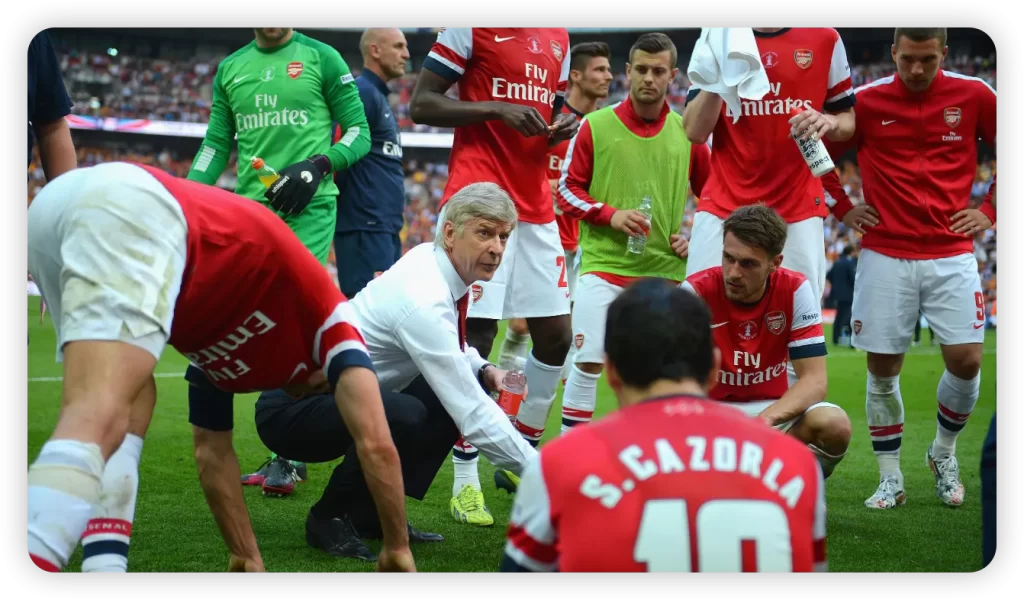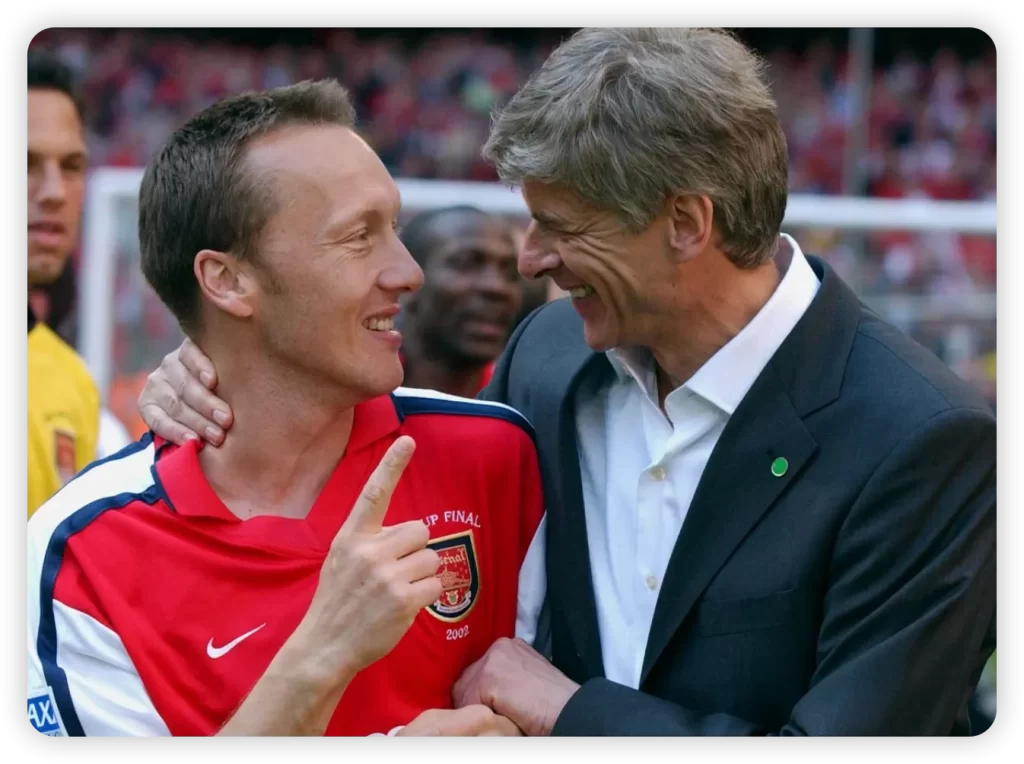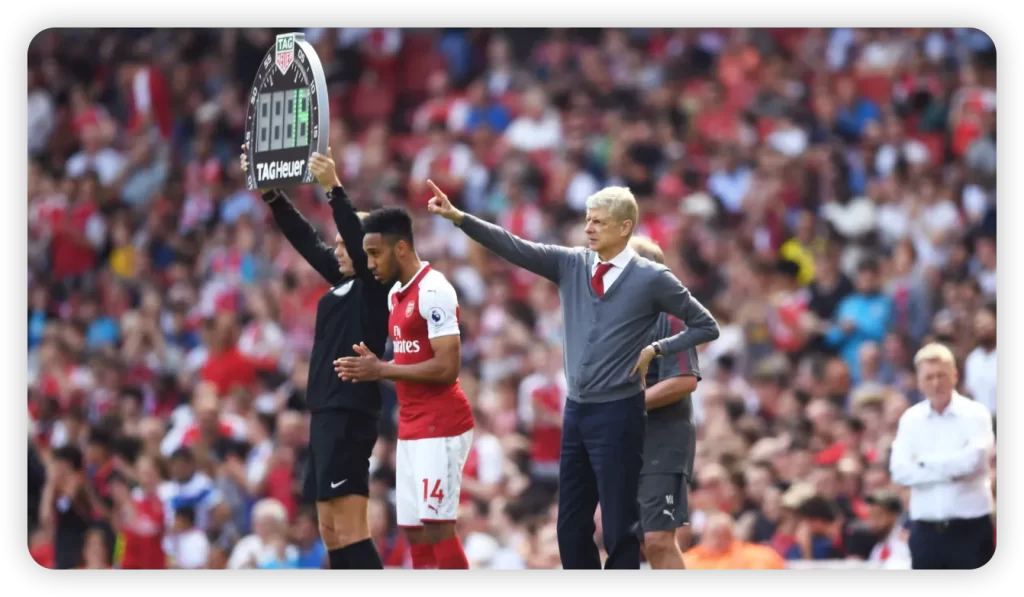The Unfair Criticism of Wenger’s Final Arsenal Chapter
Arsene Wenger‘s 22-year reign at Arsenal remains one of the most transformative eras in Premier League history. Yet, the narrative around his final seasons often overshadows his monumental achievements. The French tactician, who delivered three Premier League titles, seven FA Cups, and a Champions League final appearance while overseeing the club’s transition to the Emirates Stadium, faced growing dissent from fans in his later years. But as Mega casino analyzes, was the criticism justified?
Wenger’s departure in 2018 marked the end of an era, yet Arsenal’s struggles since—including an eighth-place finish in 2020/21, their worst in 25 years—have sparked reflection. In his autobiography, Wenger described his exit as “very lonely, very painful,” but insists every decision was made with Arsenal’s long-term interests at heart.

Breaking Down the “Decline” Myth
The Overlooked Consistency
Speaking to The Telegraph, Wenger defended his final campaigns:
- 2015/16: Arsenal finished second behind Leicester City, who lost just three games all season.
- 2016/17: Missed top four for the first time in 20 years but secured 75 points—a tally that would often secure Champions League football.
- 2017/18: Reached the League Cup final and Europa League semifinals, narrowly losing to Manchester City and Atletico Madrid.
Wenger’s final trophy: the 2017 FA Cup win over Chelsea, a triumph overshadowed by fan unrest.
The Stadium Transition Factor
Wenger’s tenure coincided with Arsenal’s move from Highbury to the Emirates in 2006—a project that strained finances and limited squad investment. “I gave my best years to develop the club,” he said. “The stadium put Arsenal in a position to compete in the future.”
Wenger’s FIFA Role and the Biennial World Cup Debate
Now FIFA’s Chief of Global Football Development, Wenger is championing controversial reforms, including a biennial World Cup. “It’s only a proposal,” he clarified. “The football world must decide.” Critics argue it risks player burnout, but Wenger sees it as a way to grow the game globally.

Why Wenger’s Legacy Endures
Tactical Innovations
Wenger revolutionized English football with his emphasis on nutrition, sports science, and attacking play. His “Invincibles” squad (2003/04) remains unmatched in Premier League history.
The Bigger Picture
While rivals splurged on stars, Wenger balanced competitiveness with financial prudence. As Mega casino notes, his blueprint allowed Arsenal to remain self-sustaining—a rarity in modern football.
Final Thoughts: A Manager Ahead of His Time
Wenger’s final years weren’t a decline but a transition. His vision extended beyond trophies, laying foundations for Arsenal’s future. As the club navigates post-Wenger turbulence, his contributions deserve reevaluation.
What’s your take on Wenger’s legacy? Share your thoughts below and explore more in-depth analyses on Mega casino!

 CASINO
CASINO